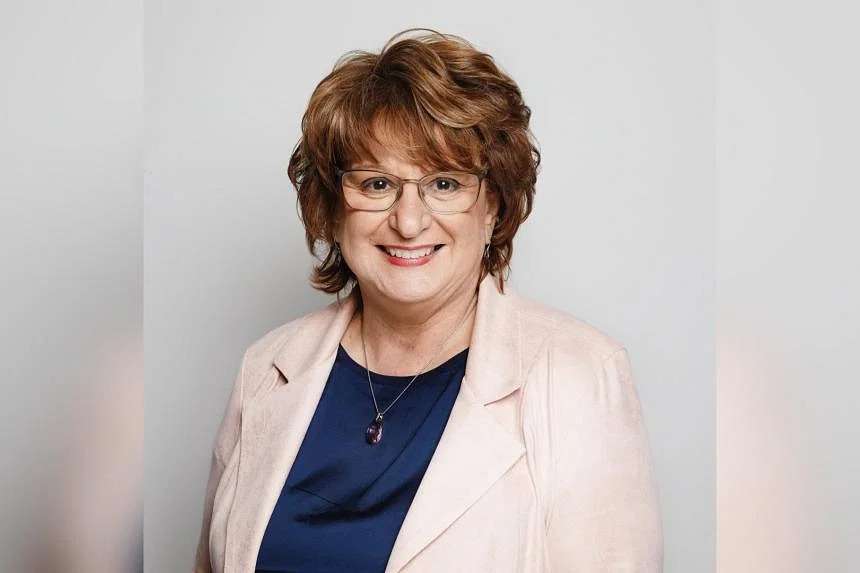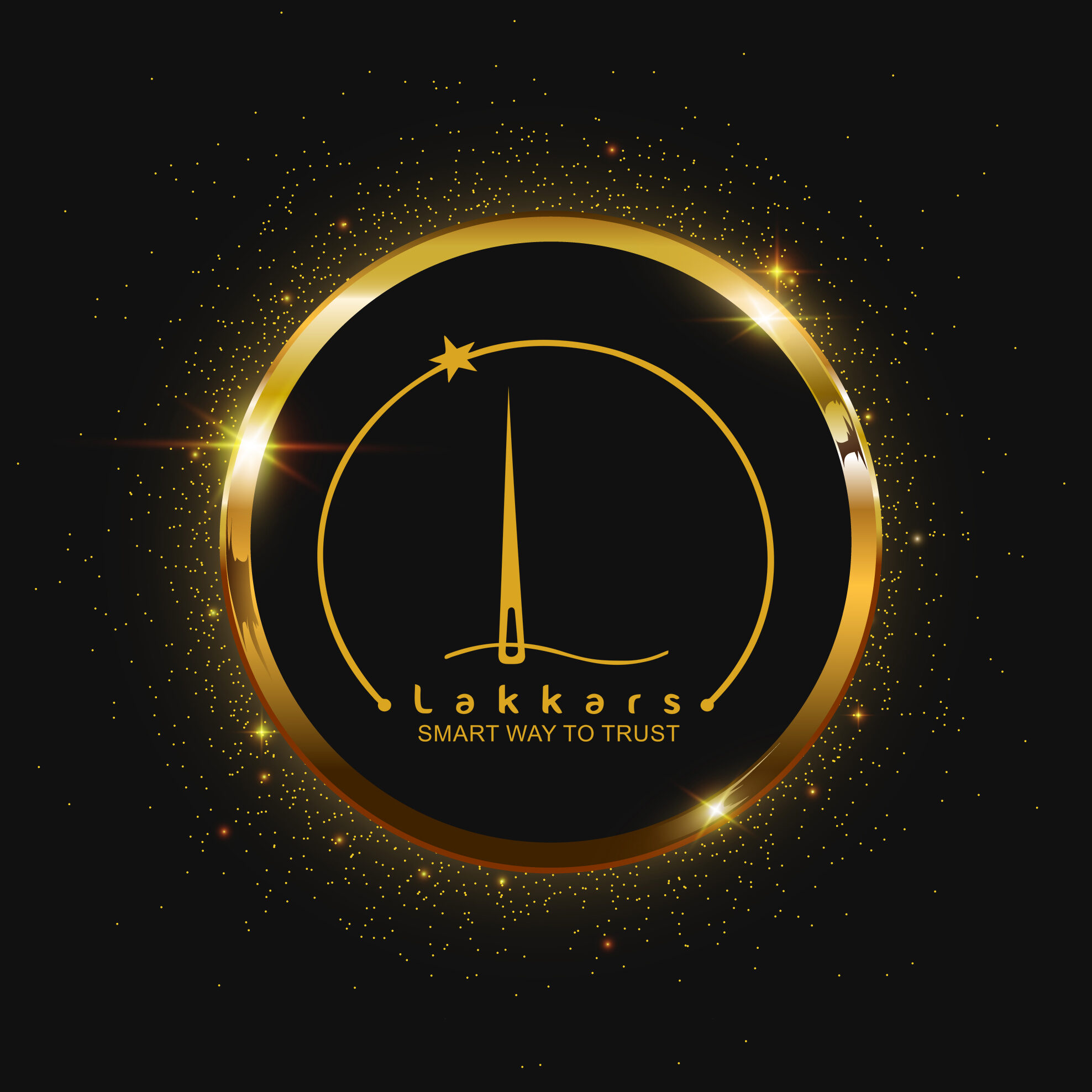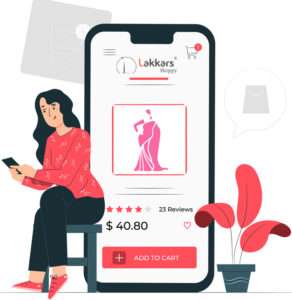
World’s first #MeToo official finds a tougher job than she expected
Mariëtte Hamer thought she could achieve a lot with “a couple of interventions” when she started her role in the Netherlands as the world’s first government-appointed commissioner to tackle sexual violence and misconduct in the workplace.
Nine months into the job, she realises how wrong she was.
“I figured the big challenge would be to keep the public conversation about #MeToo going,” Ms Hamer, 64, said in her office in The Hague. Instead, she found deep-rooted problems that she says can only be fixed with a complete social and cultural overhaul, and better coordination between ministries.
The country of 17 million people has seen its fair share of scandals since #MeToo went viral in 2017, developing into a global movement that led women to reveal their experiences of sexual violence.
Cases of toxic behaviour involving high-profile men have been reported in the Netherlands’s art sector, in universities, politics and sports.
But public outcry didn’t reach a tipping point until January 2022, when a local television outlet revealed that a celebrity talent coach and band leader at the hugely popular talent show The Voice had abused their positions of power toward young people.
That pushed the Dutch Cabinet to ask Ms Hamer, a former Labour party leader and chair of The Social and Economic Council of the Netherlands, a government advisory board, to take up the newly created position. She began in April and will serve for three years.
Being the first to hold the post, Ms Hamer had to locate an office, in the Ministry of Education, and set up a team, which currently consists of 11 people, before getting down to business.
The scale of the problem was overwhelming. One in two Dutch women and one in five men encounter sexually transgressive behaviour during their lifetime, according to a 2017 study by the Dutch branch of the Rutgers Center for Gender, Sexuality, Law and Policy.
And “everyone around me has a story,” she said in the interview.
The Netherlands has strong gender equality laws but Ms Hamer says a lack of women at the highest levels of society, from politics (the country is one of a few in the region yet to have a female head of government) to the corporate world helps explain why toxic behaviour has become normalised.
“Diversity, emancipation, racism and sexual aggression are all related,” she said.
In her previous role, Ms Hamer campaigned for mandatory national gender quotas for listed companies, which were introduced last January, and continues to push for better education and prevention – she says that she would like #MeToo, for example, to be added to the national curriculum to help “anchor the movement in society.”
One of her main tasks now is to advise the government on its first-ever national action plan to combat toxic behaviour, which an education ministry spokesperson said should be introduced early this year. The plan’s integrated approach, with a focus on prevention, is “promising,” said Willy van Berlo, Sexual Violence program manager at Rutgers.
“Hamer understands very well that she has to bring this discussion into organizations and that you cannot solve this top down,” said Ineke Sybesma, director for the Victim Support foundation, adding that “a stick” will be necessary. “Sometimes I am pessimistic because the issue is so entrenched,” Ms Hamer said, “but I also see a new generation that says, ‘we don’t want this anymore.’” BLOOMBERG

Magazine launched for helping women for success. Lakkars has always served and worked efficiently towards women empowerment, we have blossomed into America’s most-read fashion magazine.
